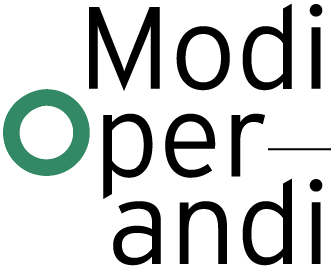NEGLECTED TERRITORY
Balochistan, the largest and most precarious province of Pakistan, is a unique triangle, bordered by Iran to the West and Afghanistan to the North. It encompasses nearly half of Pakistan’s land area, making it the country’s largest province. The region is home to two distinct ethnic groups – the Balochi and the Pashtuns. In terms of development, Balochistan stands apart from the rest of Pakistan, as evidenced by various social indicators such as low literacy rates, particularly among females, and a lack of access to basic utilities like sanitation and electricity.
Along with the cross-border Iranian Balochistan-Sistan province, it is the homeland of the Balochi people, whose territory has been divided by the national frontier. The economic negligence of the Pakistani government induced Balochi to engage in cross-border informal trade, human trafficking, and oil smuggling, partly acknowledged and tolerated by the state. Despite being an extremely dangerous activity, it has become omnipresent in economic misery and, effectively, has created the region’s standalone economy. The self-contained system that smugglers create not only generates economic fluxes but, in consequence, sustains life in the hostile mountainous desertic landscape of Balochistan.
The region is rich with rare and valuable minerals and other natural resources. Effectively, from the very beginning of their rules, the Pakistani state has treated these terrains merely as a resource colony. [1] . This attitude, which persists until now, has extracted not only materials but also social resources. There were extremely scarce investments made in local infrastructures, usually limited to ones that facilitate exploitation. This refers to both the physical and social infrastructures, such as education or healthcare. [2] The most apparent extraction has been undergone both at the sea, where extensive fishing occurs, and on the northern part of the region, richest in mines. To an even larger extent, extraction has accelerated since Islamabad entered into several agreements with the Chinese government. The farthest-reaching effect of these evolved in the China-Pakistan Economic Corridor (CPEC), which plans to establish an extensive system of infrastructures in order to link Pakistan to Western China logistically. [3]
Balochi has strived to regain its independence from Islamabad through occasional insurgency acts. The separatists commenced their fight after 1948 when Pakistan incorporated the state of Kalat, which comprises most of today’s Balochistan province. The violence that spreads across the region finds its origins also in other conflicts on various scales and levels, including competition between different tribes, sectarian conflicts, or ethnic complexities.
